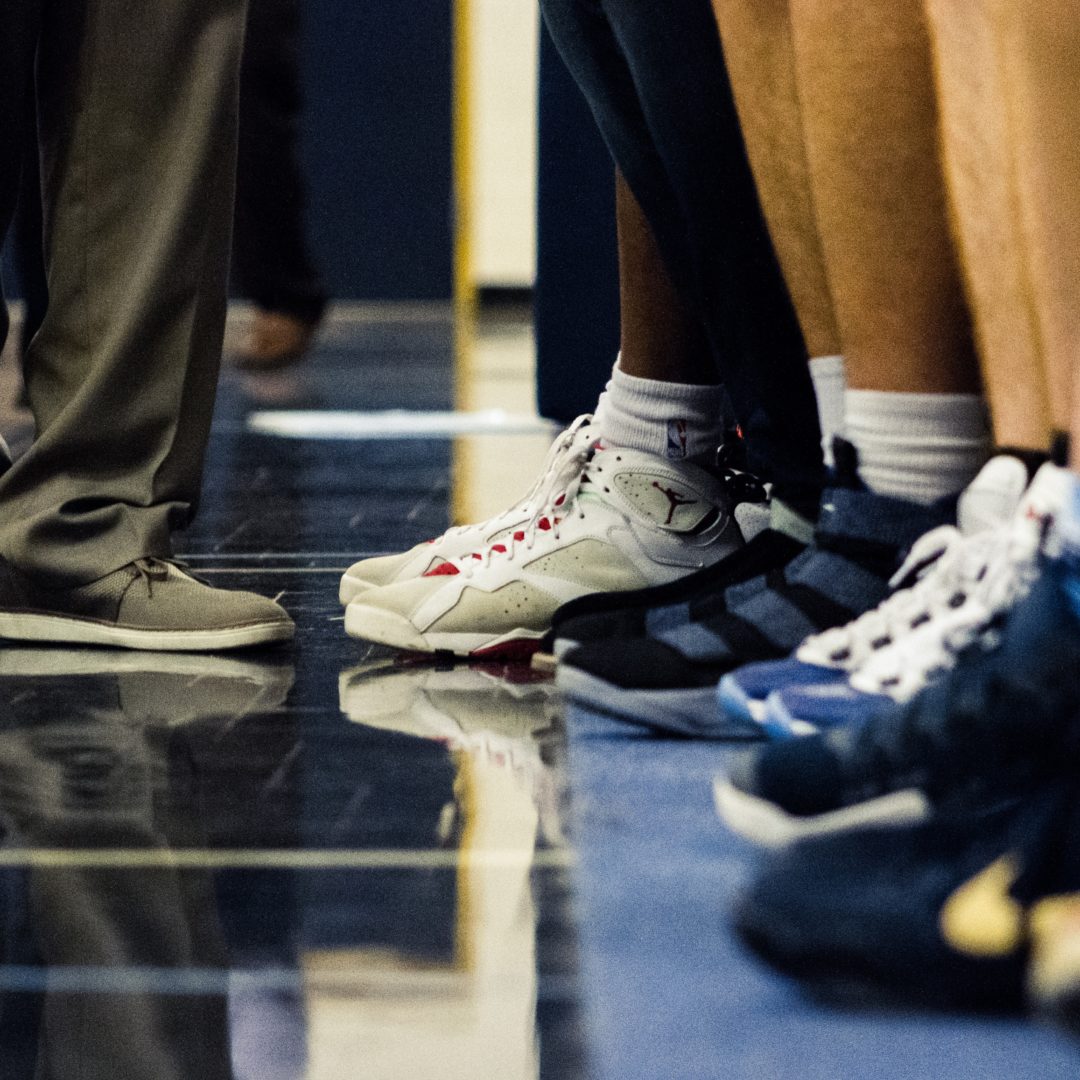Relentlessly Positive, Personal and Specific
Before the game I approached the other coach. Usually we share a few friendly words with the visiting coaches, but I wanted him to understand what he was up against.
So after we exchanged handshakes and said hello, I pulled him aside out of earshot of our teams and said, “Look, I just want you to know we’ve lost every single game this season. We’ve been getting crushed actually. I don’t think the boys are frustrated, and we certainly focus on teamwork, hard work and fair play, but honestly we’ve been getting killed. By everyone. I just thought you should know. So maybe if it looks you’re having a runaway win, please keep that in mind.”
He looked at me and said, “We have too! We’ve lost every game!” Perfect. And so with that understanding between us coaches we opened up another U11 boys soccer game on a beautiful Saturday.
And sure enough, the game was fair and competitive. From the opening whistle both teams had their share of small frustrations and grand triumphs. There was more generous passing, more vocal encouragement between the players, and less complaining about positions. In fact, several players were asking – nearly begging – to play defense. It was a glorious moment of camaraderie.
Early in the second half, we found ourselves in the strange, and foreign, position of leading by one goal. Coach Scott and I agreed we were quietly cheering for the other team to score. And wonderfully, they did score to tie it up. In the end, we astonished ourselves and won the game. Afterwards, the moment of both teams slapping hands and congratulating each other felt honest and earnest. I heard very few complaints about either the referee or opposing players.
I’ve participated in a number of coaching clinics, and read quite a bit of material on youth coaching, and developing talent. Curiously, there remains a fairly large minority of parent volunteer coaches nationally who have the perception that learning constructive coaching techniques from experts, and attending coaching certification and counseling is unnecessary and without value.
And yet, these same studies reflect that once coaches adopt “relentlessly positive” approaches to both skill development on the field and social development with their teammates, some pretty remarkable things happen. To begin with, while up to 26% of kids nationally quit sports, only 5% of kids quit the game when they have a coach trained in Coaching Effectiveness Training (CET). Not only that, those children who started the season with lower self-esteem and played for a “relentlessly positive” coach showed a greater increase in self-esteem over the season.
I had an interview last week in New York with child psychologist Joel Haber who affirmed these methods and reminded that positive coaching still needs to be personal and specific, not just positive. Saying “great job!” isn’t nearly as effective as say something specific such as, “I like the way you always stayed in front of the attacker when defending. You stayed in front of him and pushed the ball to the outside. He never had a chance to get by you. That worked great.”
Joel also reminded me of the downside of negative coaching. When a child leaves the field during a game and you point out something they did wrong, it leaves a powerful emotional wake. It not only conveys the message that you were disappointed, it won’t increase their learning and performance later either. When they go back on the field, their head will be filled with what not to do, instead of what to do. It has a paralyzing effect.



